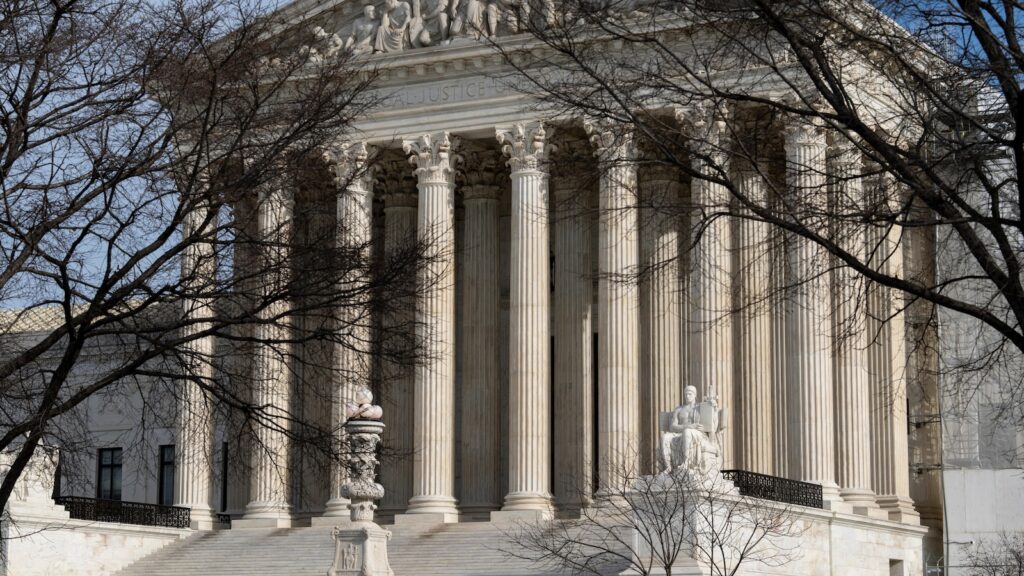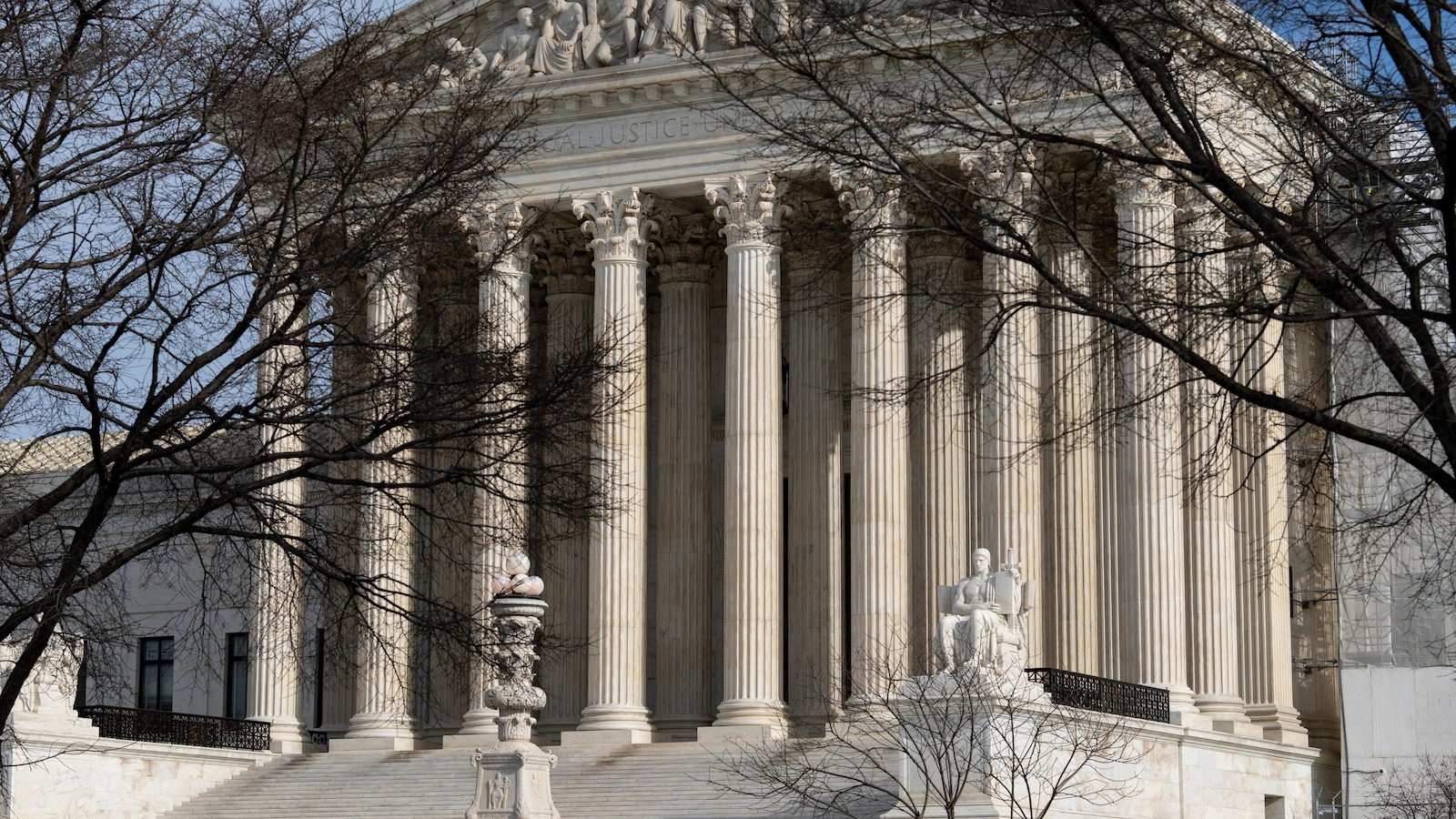SCOTUS to hear case of Rastafarian whose dreadlocks were shaved by prison guards
SCOTUS to hear case of Rastafarian whose dreadlocks were shaved by prison guards

The Supreme Court has agreed to hear the appeal of a former Louisiana prison inmate whose dreadlocks were shaved by guards in violation of his religious beliefs
Read the full article on ABC US
Truth Analysis
Analysis Summary:
The article is factually accurate. It correctly states that the Supreme Court will hear the case of a Rastafarian inmate whose dreadlocks were shaved by prison guards. The provided sources confirm this information.
Detailed Analysis:
- Claim:** The Supreme Court has agreed to hear the appeal of a former Louisiana prison inmate whose dreadlocks were shaved by guards in violation of his religious beliefs.
- Verification Source #1: Supports this claim, stating Damon Landor asked the Supreme Court to hear his case after prison officials in Louisiana shaved his head.
- Verification Source #2: Supports this claim, mentioning the Supreme Court will hear the case of a Rastafarian whose dreadlocks were shaved in prison.
- Verification Source #3: Supports this claim, mentioning Landor asked the Supreme Court to hear his case.
- Verification Source #4: Supports this claim, stating the Supreme Court will hear the case of a Rastafarian whose dreadlocks were shaved by Louisiana prison guards.
- Verification Source #5: Provides background, indicating a lower court ruling blocked the inmate from seeking payment.
Supporting Evidence/Contradictions:
- All sources confirm that the Supreme Court will hear the case of a Rastafarian inmate whose dreadlocks were shaved in a Louisiana prison. `Verification Source #1`, `Verification Source #2`, `Verification Source #3`, `Verification Source #4`.
- `Verification Source #2` specifies the inmate's name as Damon Landor and mentions he was in prison for drug possession. It also notes his dreadlocks were near knee-length.
- `Verification Source #5` provides context by stating that a lower court had previously ruled against the inmate.
- There are no contradictions between the sources.

